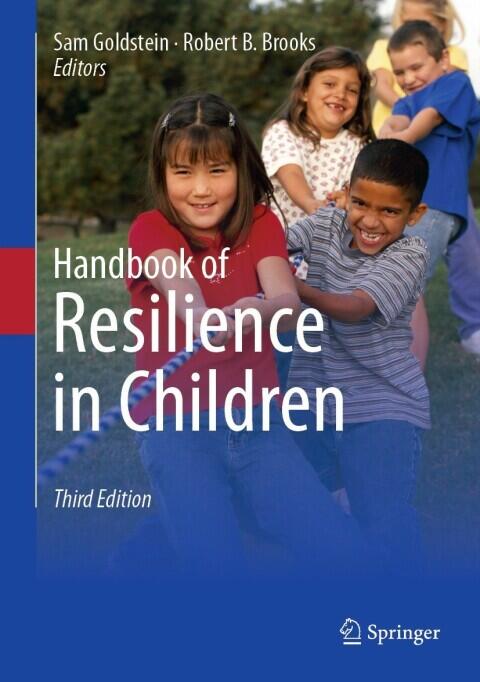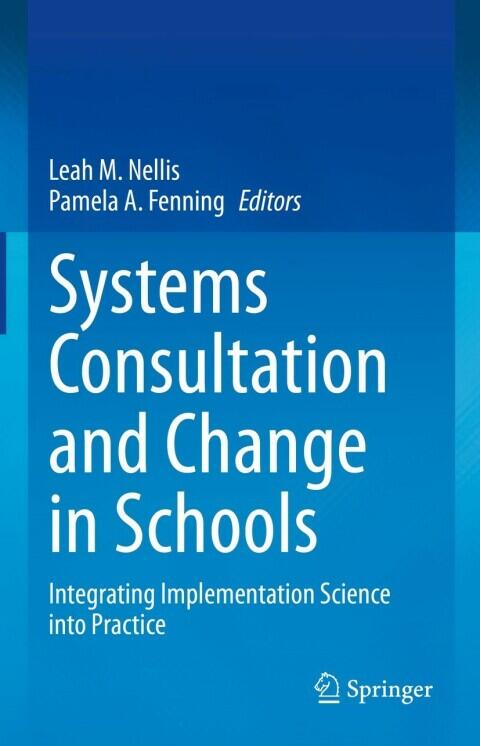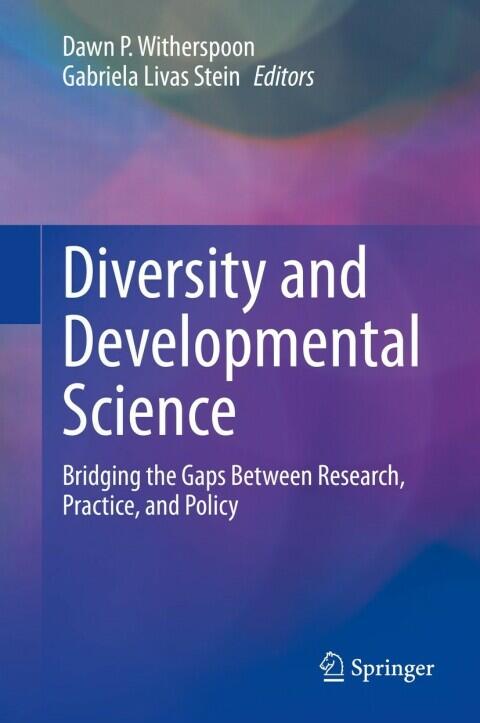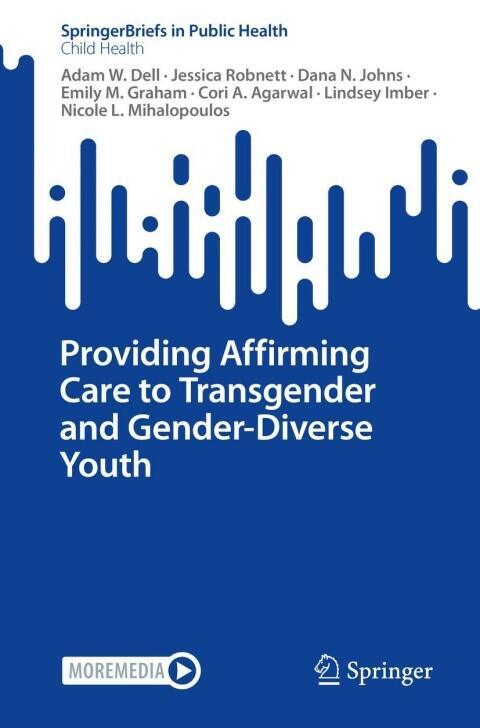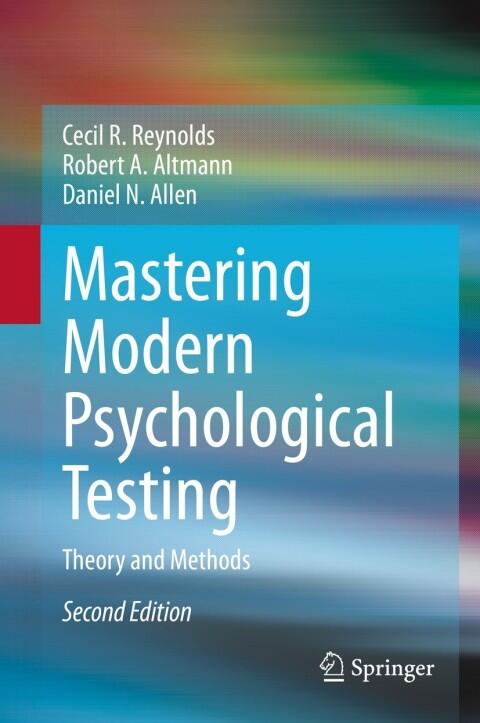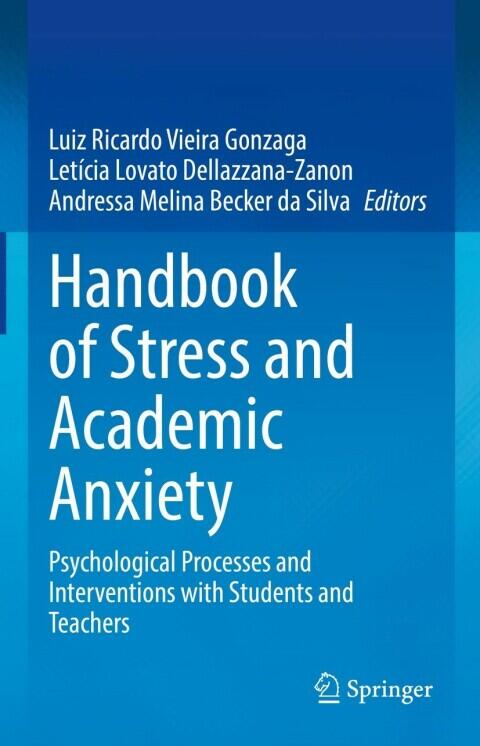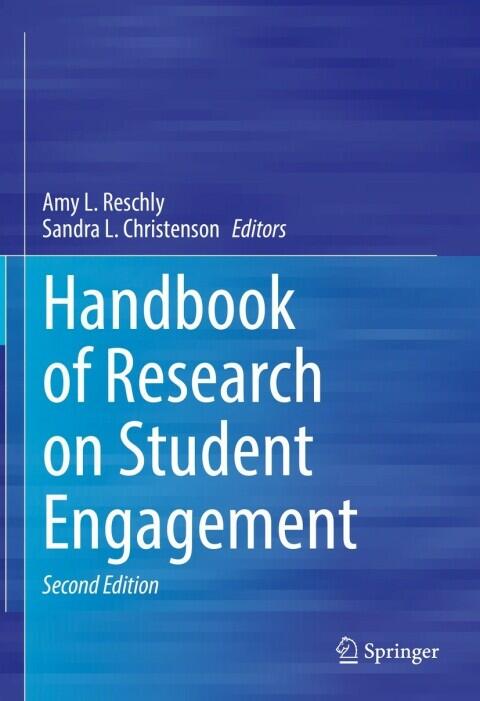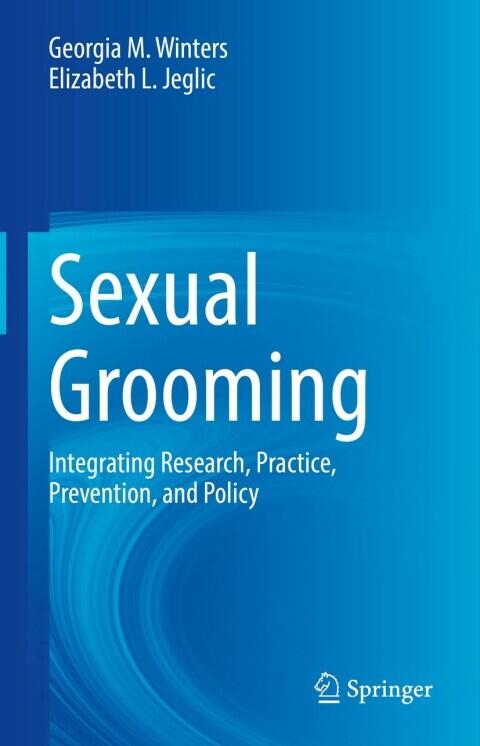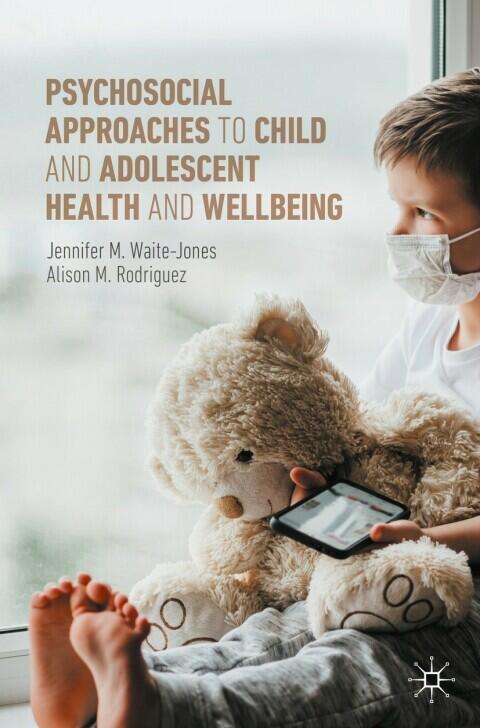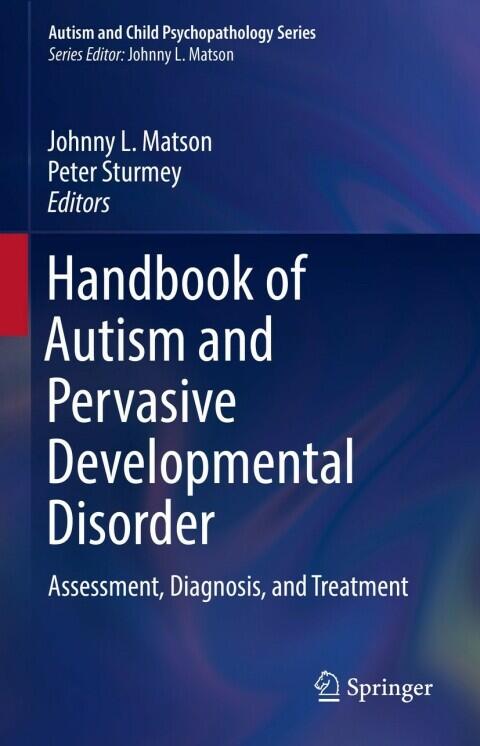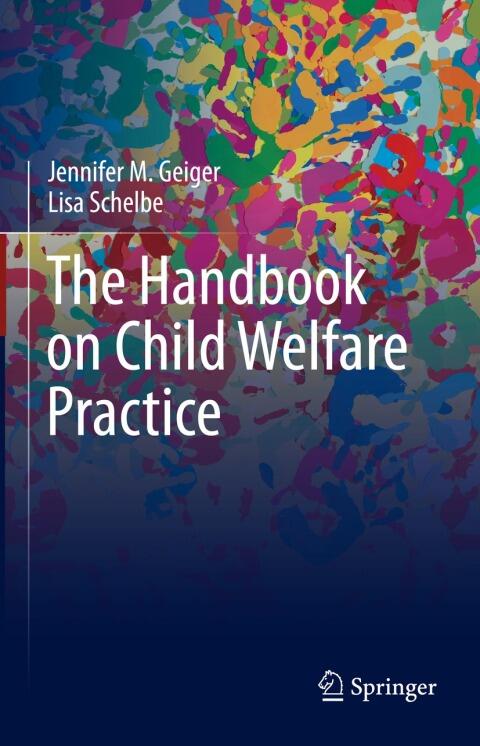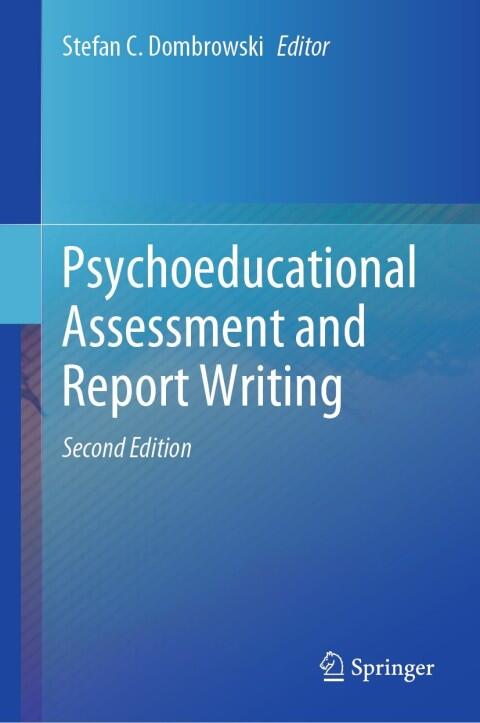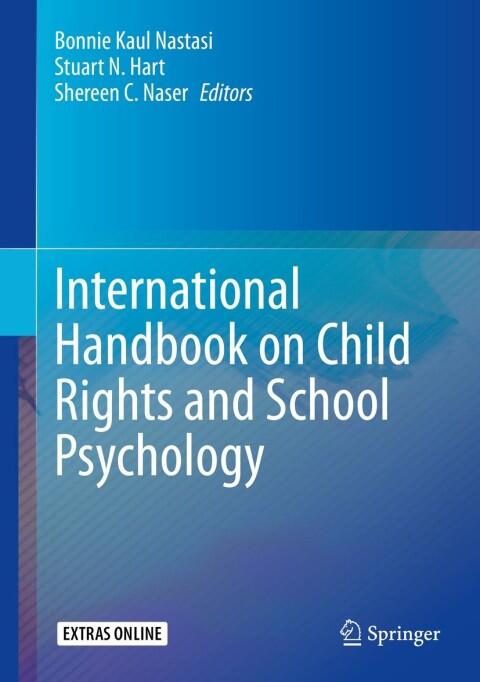
International Handbook on Child Rights and School Psychology
Edition: 1st ed. 2020
Language: German
Format: Kindle
ISBN 10: 3030371190
ISBN 13: 9783030371197
Publication date:
January 1st, 2020
Publisher: Springer
Pages: 1293
Genres: Young Adult, Children’s, Health & Wellness
This handbook explores the intricate relationship between child rights and school psychology, providing a comprehensive framework for understanding how these two fields interact. It delves into the various dimensions of child rights, emphasizing how they can profoundly influence educational practices and policies. The authors meticulously unpack the implications of integrating child rights into school systems, asserting that it holds the potential to transform both the educational landscape and the well-being of children.
By engaging with contemporary research and practical applications, the text highlights successful strategies for implementing child rights in educational settings. It showcases case studies and examples from diverse contexts, illustrating how schools can become more inclusive, equitable, and supportive environments for every child. The handbook serves as an essential resource for educators, psychologists, and policymakers who are committed to promoting children’s rights and fostering safe, compassionate learning spaces.
Throughout the exploration, the authors offer insights into the role of school psychologists as advocates for child rights, drawing attention to the significant impact that mental health professionals can have in championing these ideals. This engaging and informative work aims to inspire systemic change and encourage collaboration across disciplines, ultimately fostering a more just world for children.
By engaging with contemporary research and practical applications, the text highlights successful strategies for implementing child rights in educational settings. It showcases case studies and examples from diverse contexts, illustrating how schools can become more inclusive, equitable, and supportive environments for every child. The handbook serves as an essential resource for educators, psychologists, and policymakers who are committed to promoting children’s rights and fostering safe, compassionate learning spaces.
Throughout the exploration, the authors offer insights into the role of school psychologists as advocates for child rights, drawing attention to the significant impact that mental health professionals can have in championing these ideals. This engaging and informative work aims to inspire systemic change and encourage collaboration across disciplines, ultimately fostering a more just world for children.
